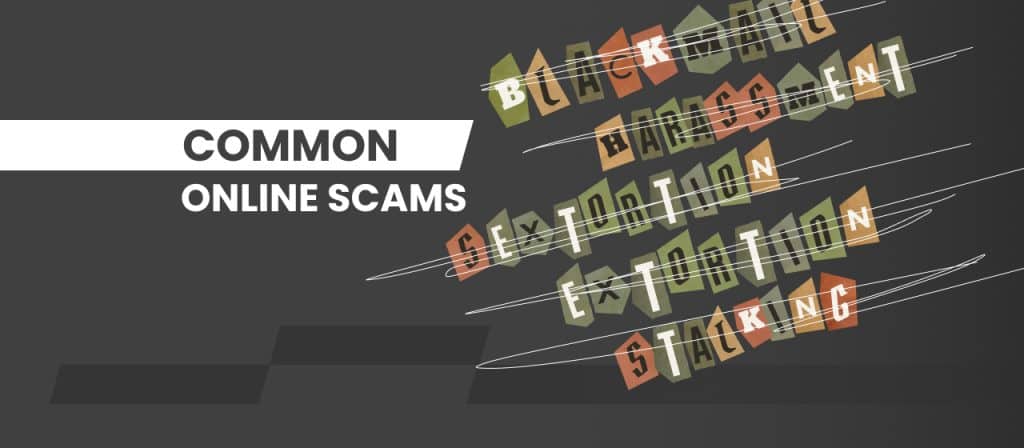Cybersecurity Consultant & Internal Security Educator
“Cybersecurity is a team discipline. I help organizations make it part of their daily habits.”
Laurent Kessler
Laurent Kessler is a cybersecurity strategist and technical advisor with over two decades of international experience. He designs, teaches, and operationalizes threat response processes inside organizations. His focus is on turning complex security theory into actionable internal systems. He prepares teams to respond effectively to both technical breaches and human-driven cyberattacks.
His approach is grounded in real-world practice. He has trained dozens of analysts, authored internal playbooks used across industries, and developed protocols to handle everything from insider threats to identity-based scams and targeted blackmail attempts.
Expertise
Laurent’s work lies at the intersection of digital threat defense, team education, and secure operations design. His key strengths include:
-
Incident response planning and live-scenario preparation
-
Internal security training for technical and non-technical staff
-
Development of SOPs and investigation workflows for digital threats
-
Recognition and mitigation of impersonation-based attacks, extortion, and fraud
-
Cross-border threat advisory for multi-jurisdictional cases
While his primary focus is on system security and operational resilience, Laurent has also contributed to frameworks addressing online fraud tactics, including sextortion, catfishing, and identity abuse, especially in cases where criminals operate outside U.S. jurisdiction.
Current Role
As an independent cybersecurity consultant and internal educator, Laurent supports private investigative teams, corporate security departments, and advisory groups. His role includes:
-
Designing in-house training programs for threat analysts and response teams
-
Advising on playbook creation for digital blackmail, data breaches, and identity-based abuse
-
Conducting tabletop exercises that simulate crisis events under realistic conditions
-
Helping teams build practical, repeatable responses to both technical compromises and psychological threat campaigns
Career Journey
Laurent’s cybersecurity work is informed by rigorous education and field exposure to evolving global threats.
-
Université de La Rochelle (France)
M.Sc. in Applied Computer Science, 2004
Focused on decentralized systems and cryptographic security. His graduate thesis explored behavioral vulnerabilities in distributed digital networks. -
Hong Kong (2005–2011)
Worked with a regional financial security firm as a penetration tester and risk assessor. Later led threat modeling for emerging social-engineering scams, especially those targeting cross-cultural and expatriate communities. -
California, USA (2012–2017)
Served as a senior architect for a cloud infrastructure company. Led internal response operations during major ransomware campaigns. Co-developed early frameworks for digital extortion handling and internal crisis containment. -
Indianapolis, USA (2018–present)
Works closely with U.S.-based investigation teams and security consultants. Provides internal guidance and training. Focuses on developing threat response cultures inside organizations, not just technical fixes.
Training & Internal Tools
Laurent’s work is embedded in company handbooks, simulation labs, and internal toolkits. Notable contributions include:
-
“Digital Response Under Pressure” – A hands-on training series for analysts and client-facing staff
-
“SecureOps: Internal Playbook Toolkit” – Used by companies in regulated industries to build and maintain response SOPs
-
“Behavioral Threat Recognition” – A structured guide for identifying impersonation-driven threats, including romantic fraud and extortion patterns
Professional Values
Laurent believes that effective cybersecurity is a balance of discipline, empathy, and clarity. His methods combine real-time insight with structured frameworks that teams can trust and apply.
-
Clarity. Everyone in the organization should know how to act under threat.
-
Accountability. A process only works if someone is responsible for it.
-
Human focus. Not all attacks are technical, and not all defenses should be either.
Personal Snapshot
A native of France, Laurent speaks fluent French and English, and conversational Cantonese. He lives in the U.S. Midwest with his family. He enjoys reverse-engineering vintage hardware, studying legal frameworks around digital rights, and mentoring new cybersecurity professionals behind the scenes.

Real Estate Wire Fraud: How Cybercriminals Make Your Downpayment Disappear
For many aspiring homeowners, purchasing real estate seems like an uphill battle. Home prices and mortgage rates have reached new...

Expert Guide to Facing Ashley Madison Blackmail
Ashley Madison has earned itself quite a reputation over its years of service. Since it hit the internet in 2001,...

Who is a Sextortionist: Inside the Mind Behind the Scheme
Sextortion has become a global pandemic for victims — and booming business for those responsible. The crime was responsible for...

An Expert Guide to Avoid Common Online Scams
Online scams have become something of an industry for cybercriminals, and business is booming. In fact, there was a record...

Fraud Recovery Explained: What Victims Need to Know
No one wants to fall victim to a scam. It’s even worse to lose money in one. Cybercrime victims have...

Bitcoin Scams: How Cybercriminals Weaponize Cryptocurrency
When Bitcoin first hit the market in 2009, very few took it seriously as a form of currency. Fast forward...


